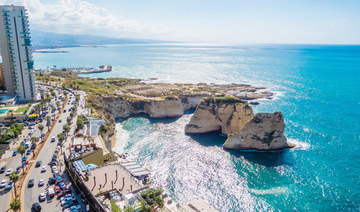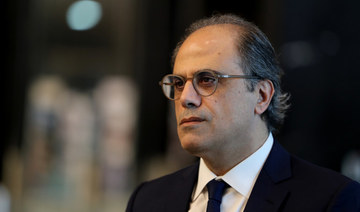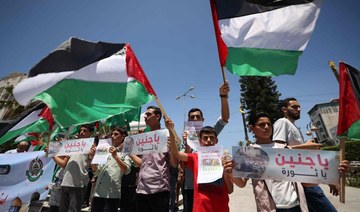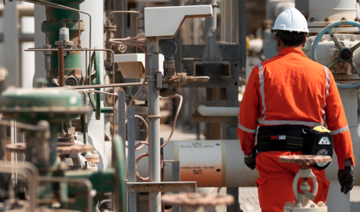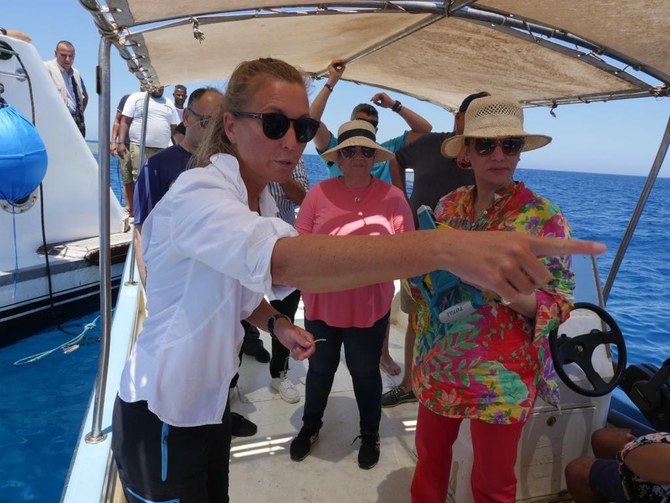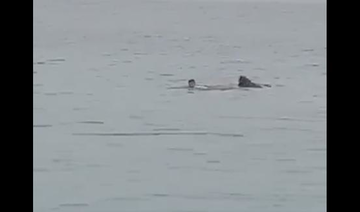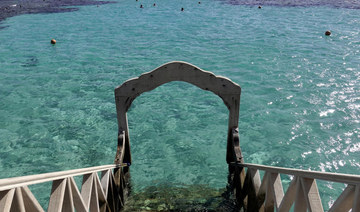BEIRUT: Maronite Patriarch Bechara Boutros Al-Rahi on Sunday condemned the Lebanese parliament’s latest abortive effort to elect a president as a “farce after eight months of vacuum.”
He described the parliamentary session, which took place on Wednesday, as “a cold-blooded violation of the constitution and the democratic system,” adding that it widened divisions in Lebanon at a time when the country desperately needed to strengthen its internal unity.
Al-Rahi called on all officials to “correct their mistakes, and look at the needs of the state and Lebanese citizens from a different perspective.”
The Christian blocs in Lebanon, including the Free Patriotic Movement, an ally of Hezbollah, have rejected Suleiman Frangieh as a candidate.
Frangieh is backed by Hezbollah and the Amal Movement.
Parliament is scheduled to hold a legislative session on Monday, which is considered unconstitutional since it has been an electoral body since November 2022.
The session will be surrounded by strict security measures announced by the General Directorate of Internal Security.
Speaker Nabih Berri has approved such sessions, saying that they are for “legislating necessities.”
In his Sunday sermon, Greek Orthodox Metropolitan of Beirut, Elias Audi, referred to “an evil hand manipulating Lebanon and tossing it around, caring only about the interests of those who have enslaved themselves to serve evil.”
He described parliament’s 12 failed bids to elect a president as “nothing but futile attempts preventing the salvation of the country, which should be a homeland for all its citizens.”
He added: “Do the people truly support their MPs’ behavior and their negligence in performing their primary duty, which is electing a president for the republic, not in the way they desire but as dictated by the constitution?
“Is it the right course of action to cast one’s vote and leave the chamber as if they are not concerned with the country or the outcome of the vote? Is this how democratic practice should be?
“Is losing a vote a trivial matter that does not deserve attention or objection? What kind of destructive absurdity is this?
“How can a nation be built if the parliamentarians cannot respect the constitution and elect a president seriously and democratically, a president for the entire country who is elected by all MPs and serves the people as a whole, not just specific groups?”
Audi urged MPs to abandon selfishness and personal interests for the sake of saving the country.
Hezbollah and the Amal Movement also rejected MP Michel Mouawad — the first candidate proposed by the Christian forces in the previous 11 electoral sessions — on the pretext that he was a “provocative candidate.”
The Christian forces, including the FPM and several independent MPs who hope to sway undecided MPs in the second round of voting, converged around Jihad Azour as a candidate, describing him as someone who “comes from the world of economics and is nonpartisan.”
They reached an agreement on his nomination last Wednesday, with Azour receiving 59 votes compared with 51 votes for Frangieh.
One vote was lost in the ballot box, meaning the total number of ballots cast was 127 out of 128 MPs who attended the session.
When the Christian forces requested a revote during the session, Speaker Berri, who is also the head of the Amal Movement, responded by saying that “one lost vote is not important.”
After the Christian forces insisted the vote be repeated, he announced: “The lost vote was found, and it was given to the former Minister Ziad Baroud,” who had not officially declared his candidacy for the presidency.
The Christian forces, along with some reformist and independent MPs who were counting on changing the position of undecided MPs in the second round of the election, were hoping to secure the victory of their candidate by obtaining 65 votes.
To win, a candidate needs to secure 86 votes in the first round. If no one reaches this total, the candidate who obtains 65 votes in the second round is considered the winner.
Several parliamentary forces objected to Monday’s session, claiming that “accepting it means accepting the continuation of the presidential vacuum.”
Some MPs are likely to boycott the session.
The legislative session will be dedicated to approving exceptional financial expenses for the government from the 2023 budget in order to pay the salaries of public sector employees, military personnel and teachers.
However, many believe the caretaker government lacks the authority to make such a decision.
MP Ghada Ayyoub expressed her astonishment, saying: “How can parliament approve additional appropriations for a budget that has not even been discussed in the Cabinet, meaning it does not exist? The minister of finance has not resolved it with the government yet, contrary to the constitution and existing laws.”
Any approval will be subject to “challenge before the Constitutional Council,” she said.
Ayyoub said: “Let every participating MP bear their responsibility before the law and work to rectify matters so that every worker in the public sector receives their rights without fraud or deception. Enough exploitation of people’s rights.”




